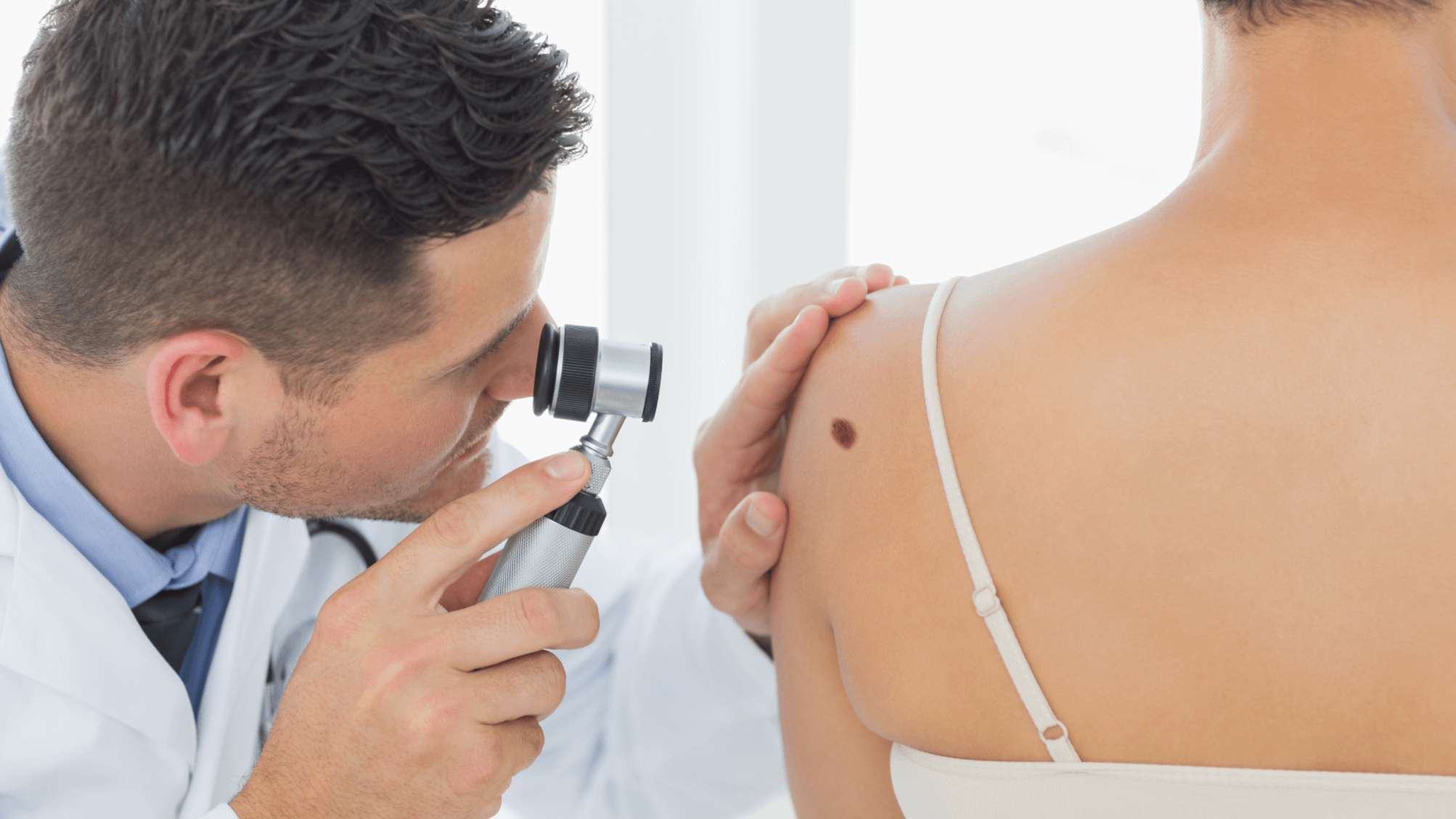When should you see a dermatologist?
&srotate=0)
Check out the full article with Real Simple!
1. Changing or new mole (Nevus). If you see a new spot on your skin, especially what you may think it’s a new mole (Nevus) you should make an appointment with a Board Certified Dermatologist right way. Early detection and biopsy if necessary of a Melanoma (skin cancer) can prevent the negative consequences of the cancer spreading if it is found early. WHAT KIND OF CHANGES SHOULD YOU LOOK FOR? It is important to do a self skin exam every month to look for the ABCDEs of a changing mole:
A: Asymmetry- is your mole symmetrical or does it has an uneven shape
B: Border- Are the borders irregular
C: Color- Are the colors even within the mole or are their multiple colors
D: Diameter- Is your mole bigger than 6 mm (size of pencil eraser)
2. Acne that appears to be scarring. Scarring as a result of acne can often be prevented if it is treated early and with the correct therapies. ANY OTHER TYPE OF ACNE? Acne that makes you feel you like you are not your best self! Comedonal acne (black heads and white heads) can be treated with prescription medications such as retinoids (tretinoin). Your dermatologist can also recommend treatments such as hydrafacials and lasers. Inflammatory acne that causes severe redness and a bumpy texture of the skin can be treated with prescription medications such as Accutane which can only be prescribed by dermatologists but is transformative for skin. Acne that appears to be scarring. Scarring as a result of acne can often be prevented if it is treated early and with the correct therapies.
3. Psoriasis- If you think you may have an inflammatory disease of the skin, scalp, nails with red, thick scaling plaques on the skin you should see a dermatologist. There are many new and exciting therapies that can help to melt away this disease such as new injectable therapies and effective topical remedies.
4. Changing or new mole (Nevus). If you see a new spot on your skin, especially what you may think it’s a new mole (Nevus) you should make an appointment with a Board Certified Dermatologist right way. Early detection and biopsy if necessary of a Melanoma (skin cancer) can prevent the negative consequences of the cancer spreading if it is found early.
5. Eczema that becomes severely itchy and begins to weep fluid. Eczema or atopic dermatitis can become super infected with bacteria if it is not treated and kept under control. If what you are doing is not working for your severely dry skin it is important to seek out a dermatologist so the condition does not get worse.
6. Allergic contact dermatitis- allergic reaction on the skin from something you may have come in contact with. This may appear as red blotches, hives, or even blisters on the skin. Dermatologists can help to treat and diagnosis these conditions and help to prevent them in the future.
7. Rosacea or severe redness of the face especially on the nose and cheeks. This condition can get much worse as the blood vessels of the face become inflamed. Dermatologists specialize in techniques to treat both the bumps (papules) that can occur and the redness (erythema).